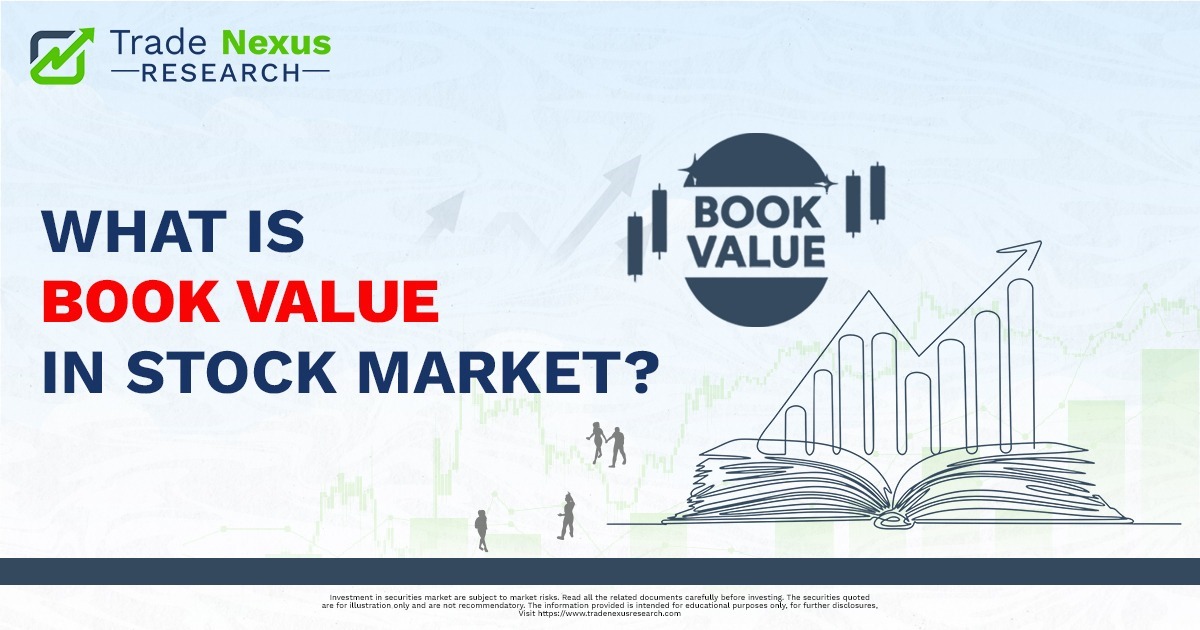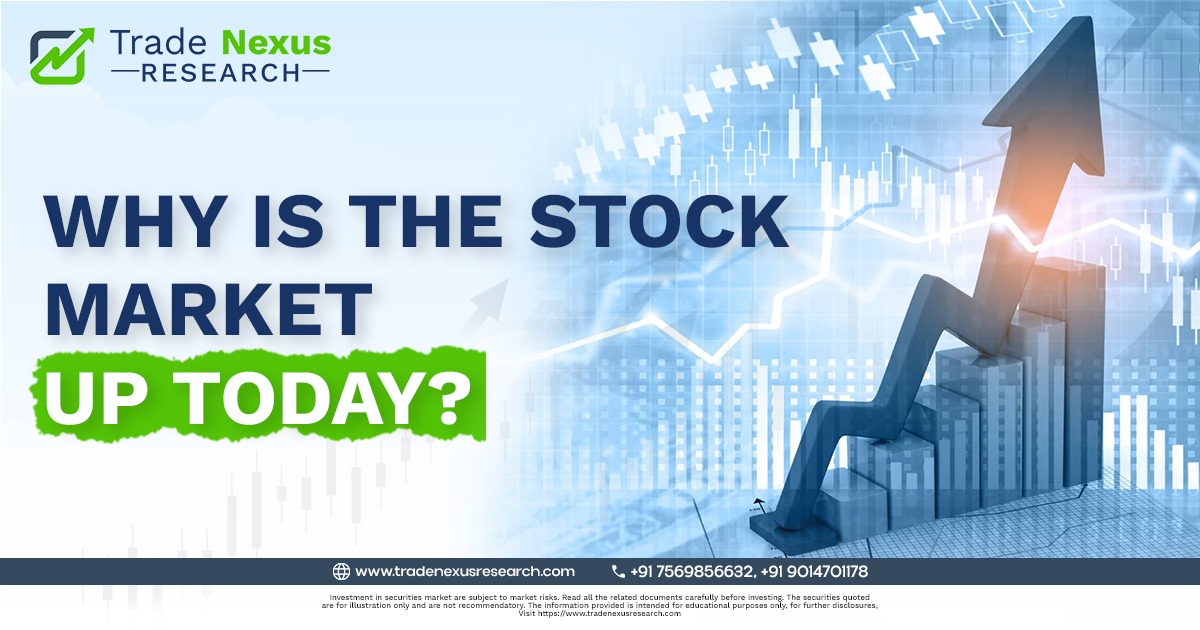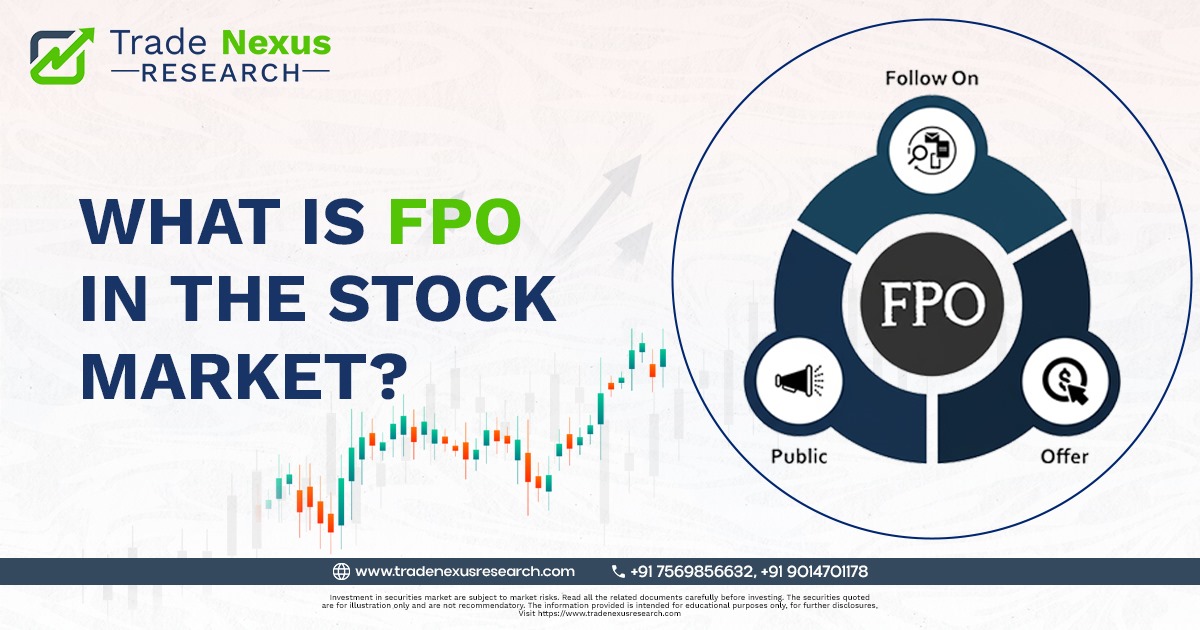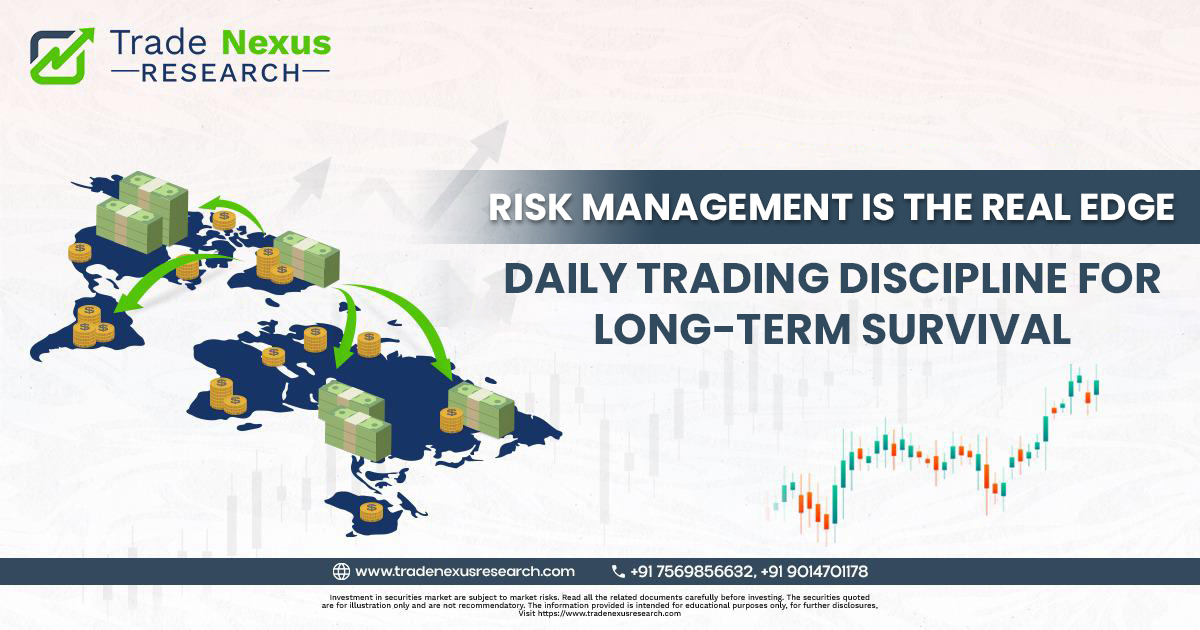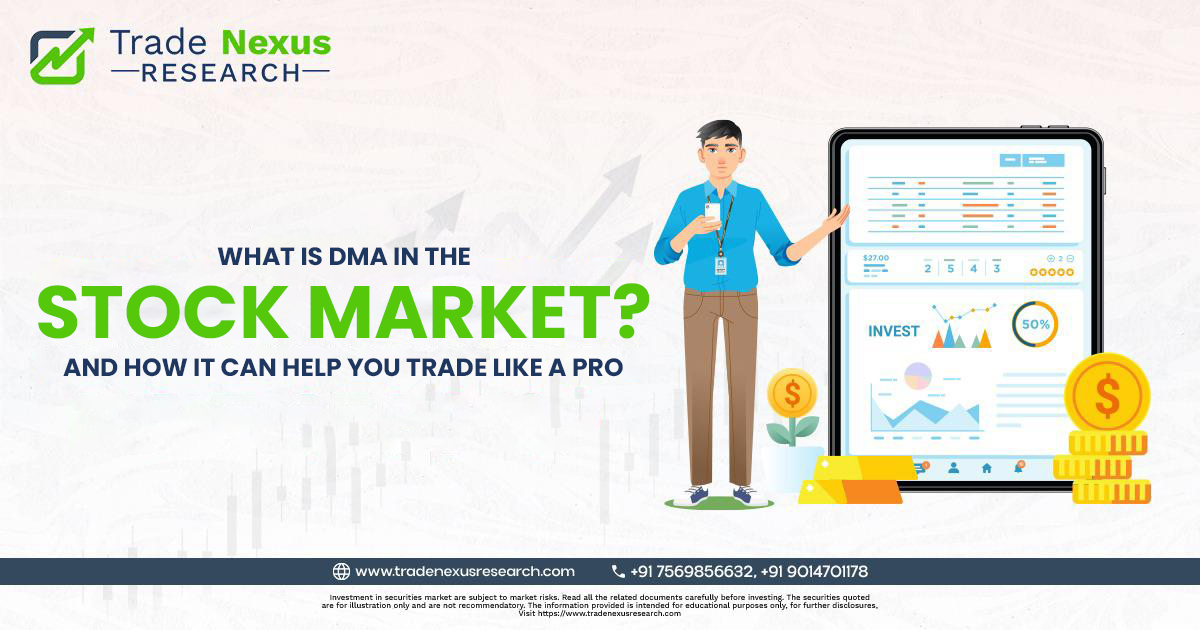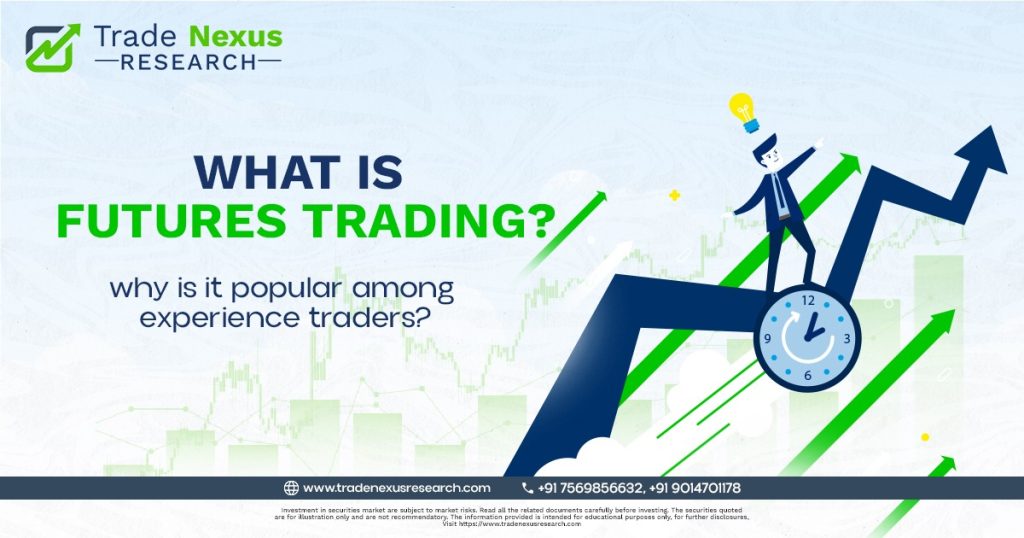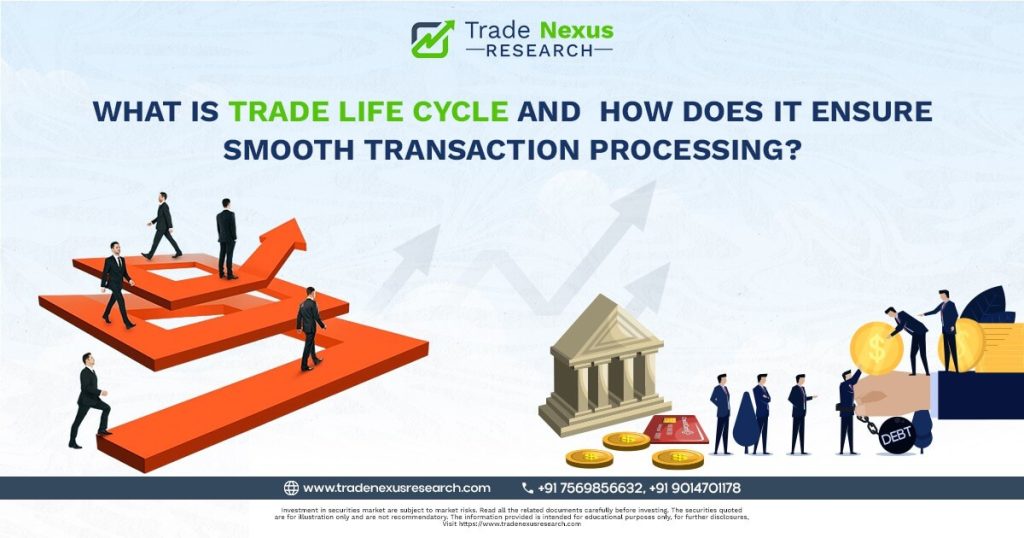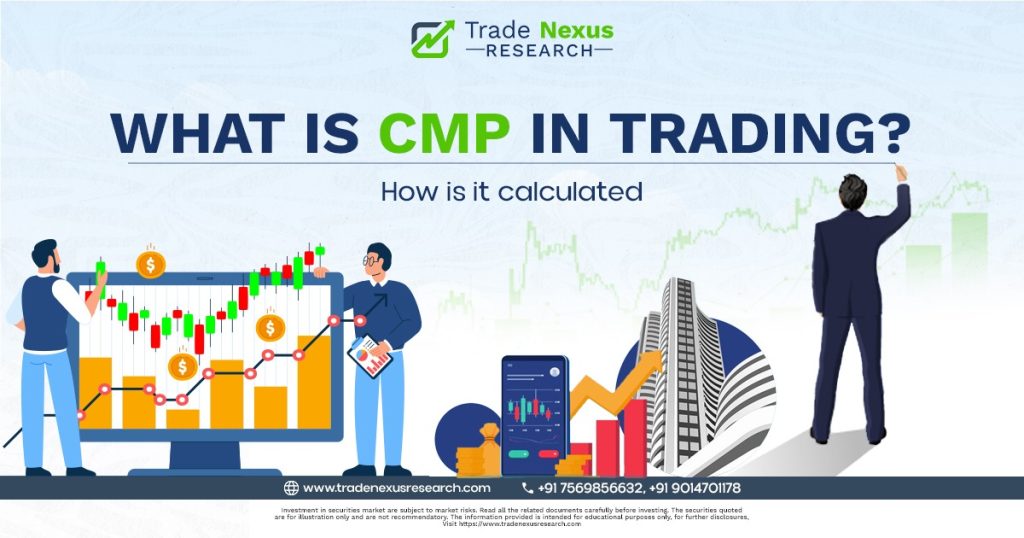
What is CMP in trading and how is it calculated
How is CMP in Trading Calculated?
When a buyer agrees to purchase a stock at a specific price, and the seller agrees to sell it at that same price, the deal is executed.
- The price at which this transaction occurs becomes the Current Market Price (CMP) of the stock.
- CMP keeps changing as new trades happen, reflecting the real-time demand and supply for that stock.
Why is CMP Important in Trading?
- Real-Time Value: CMP shows the current value of a stock, helping traders and investors know its worth at any moment.
- Buy or Sell Decisions: Traders use CMP to decide whether they should buy, sell, or hold a stock based on its current price.
- Market Trends: CMP reflects market demand and supply, providing insights into whether a stock is gaining or losing popularity.Market Trends: CMP reflects market demand and supply, providing insights into whether a stock is gaining or losing popularity.
- Profit and Loss: By comparing CMP with the price at which they bought a stock, traders can calculate their profits or losses.
Top 5 Things to Know About CMP in Trading
- CMP Fluctuates Constantly: CMP changes in real-time as trades happen. A single buy or sell can affect the CMP.
- CMP Reflects Market Sentiment: A rising CMP indicates high demand, while a falling CMP shows low demand for a stock.
- Influenced by News and Events: Market announcements, company results, or economic news can cause sharp changes in CMP.
- Used for Analysis: Traders use CMP in trading to analyze market trends and make short-term and long-term strategies.
- Foundation of Trading Decisions: CMP is the first thing traders check when entering or exiting a trade.
Frequently Asked Questions About CMP in Trading
-
What is CMP in trading?
CMP stands for Current Market Price, which is the latest price at which a stock or financial instrument is traded in the market. -
How is CMP calculated?
CMP is calculated automatically by the stock market based on the most recent trade price agreed upon by buyers and sellers. -
Why does CMP change frequently?
CMP changes due to fluctuations in demand and supply. If more people want to buy a stock, CMP rises. If more people want to sell, CMP falls. -
Can I rely only on CMP for trading decisions?
While CMP is important, it should be combined with other factors like historical data, market analysis, and news updates for informed decisions. -
Where can I check the CMP of a stock?
You can check the CMP of a stock on trading platforms, stock exchange websites, or mobile apps that provide live market data.
Simple Explanation of CMP for Beginners
Think of CMP in trading like the price of a chocolate in a shop. If someone is ready to pay ₹10 for the chocolate, then ₹10 becomes its price. But if another person buys it for ₹12, the price changes to ₹12. Similarly, CMP is the price of a stock or commodity at the moment it is bought or sold.
CMP is always changing because people are constantly buying and selling stocks, just like in a busy market.
How Does CMP Affect Your Trading?
- If You Own Stocks:
- If the CMP is higher than the price you paid, you make a profit.
- If the CMP is lower than the price you paid, you incur a loss.
- If You Want to Buy Stocks:
- CMP helps you decide if the stock is affordable or worth buying at that moment.
- If You Want to Sell Stocks:
- CMP tells you how much you can get for your stock in the current market.
Top Tips for Understanding CMP in Trading
- Keep Track of CMP: Always check the CMP before buying or selling a stock.
- Combine CMP with Research: Use CMP along with market analysis to make informed decisions.
-
Monitor News:
Stay updated on company announcements or economic events that can affect CMP. - Use Trading Tools: Rely on live trading platforms to track CMP in real time.
- Be Patient: Remember, CMP will fluctuate, so don’t make decisions based on emotions.
Conclusion
What is CMP in trading? It is the Current Market Price of a stock or financial instrument at the exact moment it is traded. CMP is a crucial indicator for traders, helping them decide when to buy, sell, or hold stocks. It reflects real-time market activity and provides insights into demand and supply.
To trade successfully, keep a close eye on the CMP, analyze the market trends, and combine this information with careful research. Understanding CMP in trading is the first step to becoming a smarter investor or trader!



